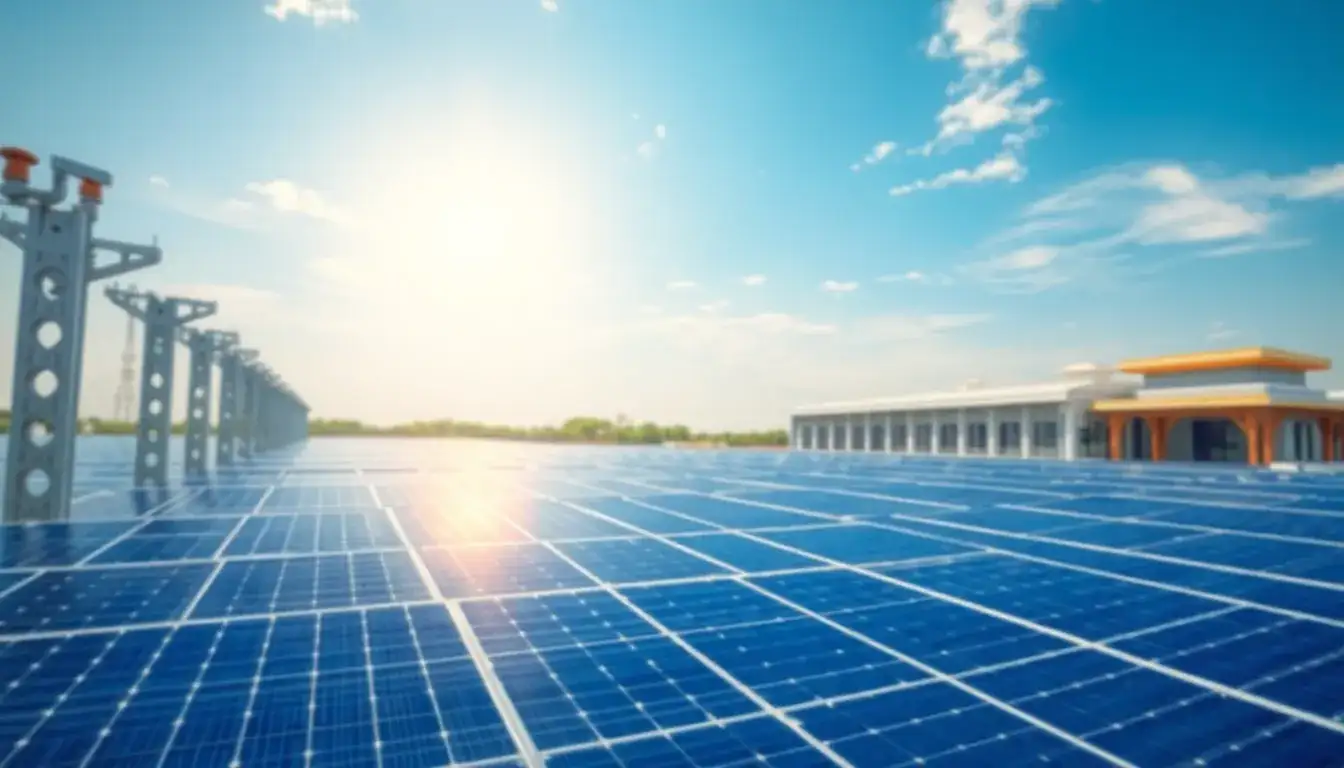
In a major step towards enhancing renewable energy integration, the Indian government has mandated that all future solar project tenders must include energy storage systems with a minimum capacity of two hours. This requirement is designed to bolster grid stability and is aligned with India’s ambitious goal of achieving 500 GW of renewable energy capacity by 2030.
According to a recent advisory from the Central Electricity Authority, renewable energy agencies and state utilities are now required to incorporate energy storage that is co-located with solar installations. Specifically, the storage capacity must be equivalent to at least 10% of the total installed capacity for all upcoming solar project tenders. This initiative not only aims to increase the adoption of energy storage but also encourages state utilities to enter into power purchase agreements.
Additionally, distribution companies are instructed to ensure that rooftop solar power plants are equipped with two hours of energy storage. This measure is intended to address the intermittency challenges associated with solar energy, providing crucial support during peak demand periods. The integration of energy storage will significantly improve grid stability and optimize electricity supply during hours when solar generation is not available.
Vikram V, Vice President & Co-Group Head at ICRA, emphasized that this initiative is crucial for developing energy storage capabilities in the country. By storing surplus solar energy generated during the day, it can be utilized during non-solar hours, thereby ensuring grid stability and enhancing overall energy resilience.
The government has set an ambitious annual bidding trajectory of 50 GW, managed by four designated agencies, including the Solar Energy Corporation of India (SECI), NTPC, and NHPC. These agencies are tasked with establishing compliance mechanisms within the tenders to ensure the availability of energy storage during periods without solar power generation.
The implementation of this energy storage requirement is expected to facilitate the deployment of approximately 14 GW (28 GWh) of storage-backed solar projects by 2030. This development is further supported by the recent decline in battery prices, which is anticipated to lower power purchase costs during the non-solar hours.
Original article by NenPower, If reposted, please credit the source: https://nenpower.com/blog/india-mandates-two-hour-energy-storage-for-future-solar-projects/


